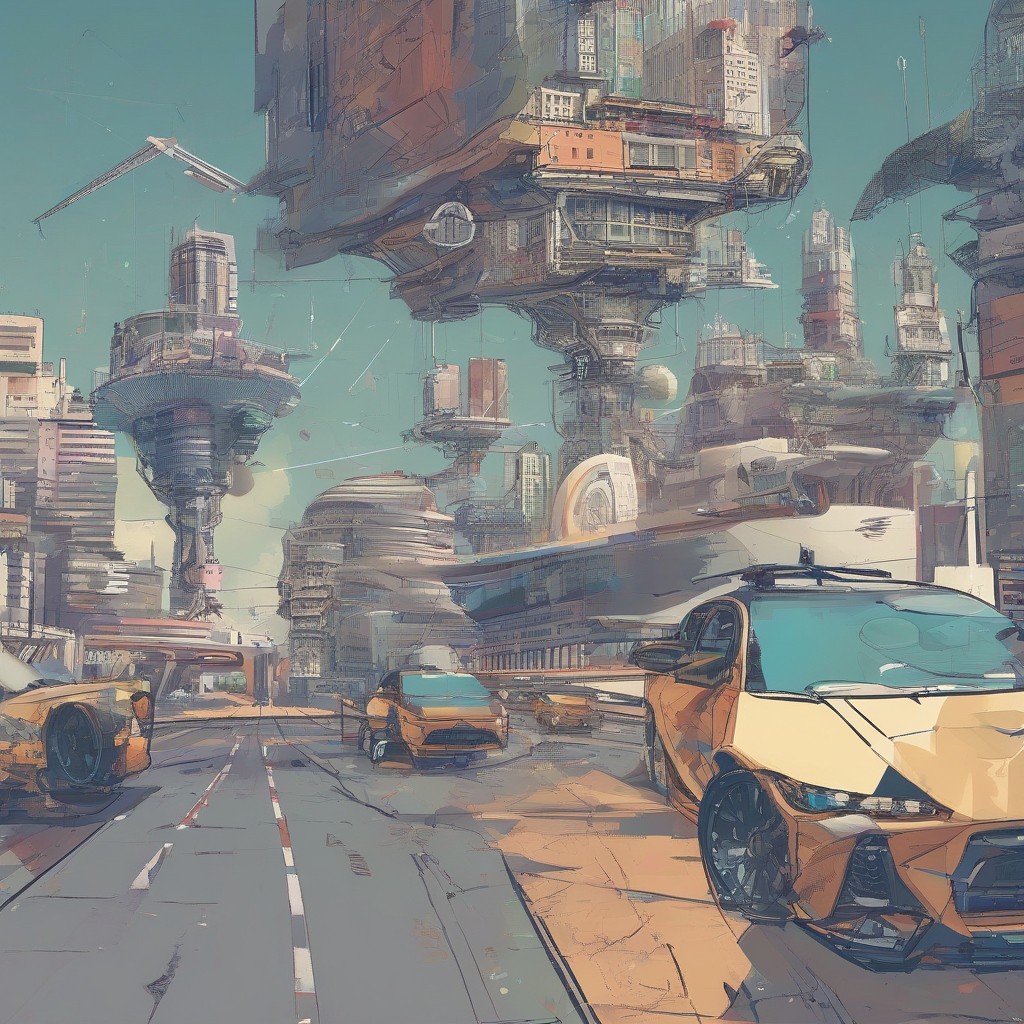It will seem like only a little different, but actually be very different. People like to say that nothing has really changed in the past decade, but now everyone has a computer in their pocket that is equivalent to the top supercomputer in the world ~20 years ago. (2017 iPhone 8 had similar processing power to 1996 Hitachi SR2201; I don't know about memory. I'm sure the trend has continued, if not narrowed the gap in years.) The first Fitbit was released ~13 years ago, the first Apple Watch 7 years ago. Look at how many people today are tracking their steps, heart rate, sleep, etc., and making decisions based off the data. Apple came out with Siri 2011, Amazon with Alexa under 10 years ago. How many people are speaking commands and dictation to their phones today?
Despite changes like this, the average person will probably tell you that innovation stopped in the 1990s or early 2000s. This is because life is actually still pretty similar to how it has been in the whole post-Industrial Revolution era: We wake up, talk to people, eat some food, go to work or school, talk to people, eat some food, come home, eat some more food, do chores, find some entertainment and talk to people, sleep. Even without the singularity (I don't think it's coming in the 2030s.), I think things will finally seem different in the 2030s or 2040s. Automation is likely to eliminate a lot of jobs over this period, changing most people's daily routines. This is what will clue people into change actually occurring.



คนเล่ามาว่า ยุค 2020-2030
Despite changes like this, the average person will probably tell you that innovation stopped in the 1990s or early 2000s. This is because life is actually still pretty similar to how it has been in the whole post-Industrial Revolution era: We wake up, talk to people, eat some food, go to work or school, talk to people, eat some food, come home, eat some more food, do chores, find some entertainment and talk to people, sleep. Even without the singularity (I don't think it's coming in the 2030s.), I think things will finally seem different in the 2030s or 2040s. Automation is likely to eliminate a lot of jobs over this period, changing most people's daily routines. This is what will clue people into change actually occurring.